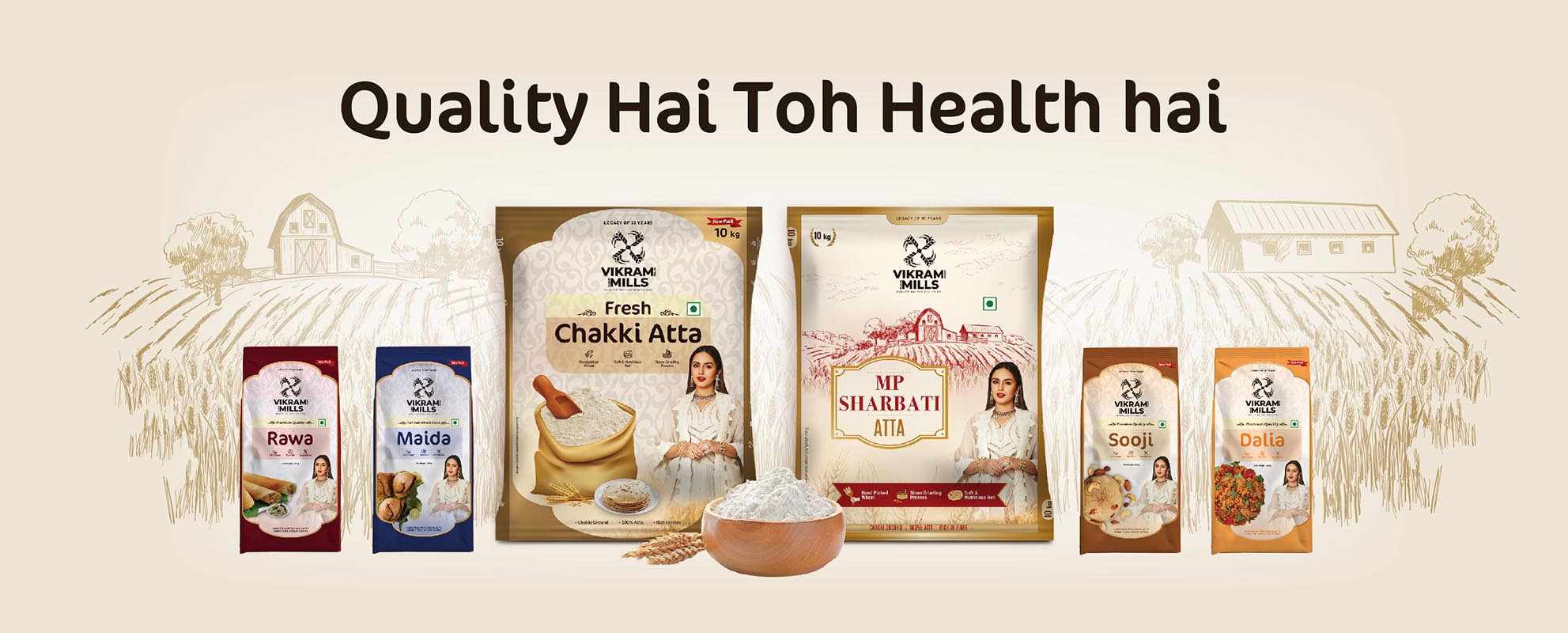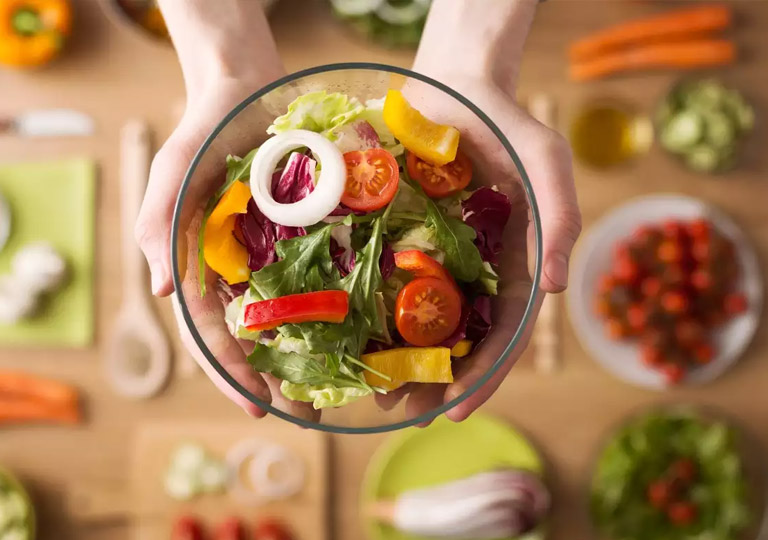How to Plan Your Meal for the Winter Season

The days are getting shorter, the night seeps in early, sweaters are out already and blankets are next. Yes, it is that time of year when the temperature shifts on the lower end and your food shifts to the heavier side.
But heavy is not always ideal, you have got to be careful while making this switch in your diet. So how can you switch to your winter diet healthily? Hearty and heavy meals seem to be the default for winter meal plans but are they right for your health?
Also, the cold weather raises some specific requirements that your body must meet during the season.
So, here’s your complete guide for making a winter meal plan that will keep your body healthy and your taste buds satisfied.
Table of Contents
- The Key Nutrients
- Packing in those nutrients
- Hearty v/s Healthy
- The Soup Story
The key nutrients
Vitamin D is not only essential for your muscle and bone health, its deficiency has also been linked to decreased immunity and fatigue. It is harder to keep up with your body’s demand for Vitamin D in winters since the major source of Vitamin D, i.e. sunlight, is often limited in winters.
Fortified dairy products and cold-water fish (like salmon and tuna) are a great sou rce of Vitamin D. An easy rule to remember, for a healthy Vitamin D intake, is to consume plenty of fruits, vegetables, whole grains and lean proteins.
It is essential to remember that even if the seasons change, your body still requires the same maintenance. Your tastes may vary as per the seasons but your nutritional requirements largely remain the same.
Thus, it is always vital to eat well and consume fruits and vegetables, regardless of season, to get the needed vitamins and minerals.
Packing in those nutrients
Deriving the nutrients from your food is necessary and it goes without saying that your food must be packed with them. Let your body receive its nutrition from food rather than supplements.
Vitamin C can help boost your immunity. Thus, it’s a great thing to include in your diet. But if you’re taking two-to-three servings of fruit and three-plus servings of vegetables each day, you should be able to get an adequate amount of vitamin C.
Also, adding veggies to your diet doesn’t mean you need to eat a huge serving. Generally, half of a cup is enough.
Bell peppers are a great source of Vitamin C among the vegetables. All the citrus fruits, however, are the most reliable sources of Vitamin C.
As the winter gets colder and drier, several people complain of dry, itchy and flakey skin. Vitamin E can be useful in reducing inflammation and promoting skin health. If you keep your fruit-and-veggie intake up, you should get plenty of that, too.
B vitamins work as antioxidants and influence your energy and brain functions. Thus, they are essential too. Dark, leafy greens are excellent sources for those vitamins. Legumes, like beans and lentils, are also a great option for Vitamin B.
Hearty v/s Healthy
One general trend observed in winter meals is their hearty and heavy nature. But even though these meals might be a treat for your taste buds or a long-running seasonal tradition, it is advisable to avoid overconsumption of starches.
A great way of limiting your starch intake is to substitute a portion of starch in each meal with some vegetables. So, if you are having chicken with some butternut squash, try having a salad on the sides instead of some bread or potatoes. This way, you will be able to maintain the starch portion of your plate.
The Soup Story
Soups are extremely popular in winter and rightly so since they are easy to cook, warm you up in the cold, can be kept in a freezer or fridge and offer several flavors and combinations.
But the only thing you should be wary of while consuming soups is sodium. Soups always pose the threat of high-sodium content. If you keenly observe the labels of popular store-bought soups or even soups that you can buy at restaurants, you will find high sodium levels.
You can even consider making your own soups. This will not only allow you to make your own flavor combinations but even help you ensure that they’re healthier options. Also, when it comes to bases, it's better to choose broth over cream.
Cream-based soups will carry the unwanted saturated fats due to the dairy used to make that cream base. Thus, the best way is to use low-sodium broth and real, fresh ingredients.
Conclusion
So, taking care of a few key nutrients in winter shall keep you in good health. Make sure you add more nutrients like Vitamin D, which are limited in supply during this season.
Also, you need to be wary of consuming too much starch by overconsumption of heavier meals. Try to strike a balance between starch-laden dishes and fresh fruit and vegetables.
Soups are your best friend in the season but you should try and prepare them at home to avoid excessive sodium.
Thus, a few adjustments and replacements shall keep you up and running in the season of delicacies.

Vikram Roller Flour Mills Limited is a pioneer name in the Agro-products manufacturing, packaging, and delivery in India. The company specializes in manufacturing supreme quality wheat products that are consumed by top-level bakers, caterers and FMCG suppliers in the country.
Know More About Us




